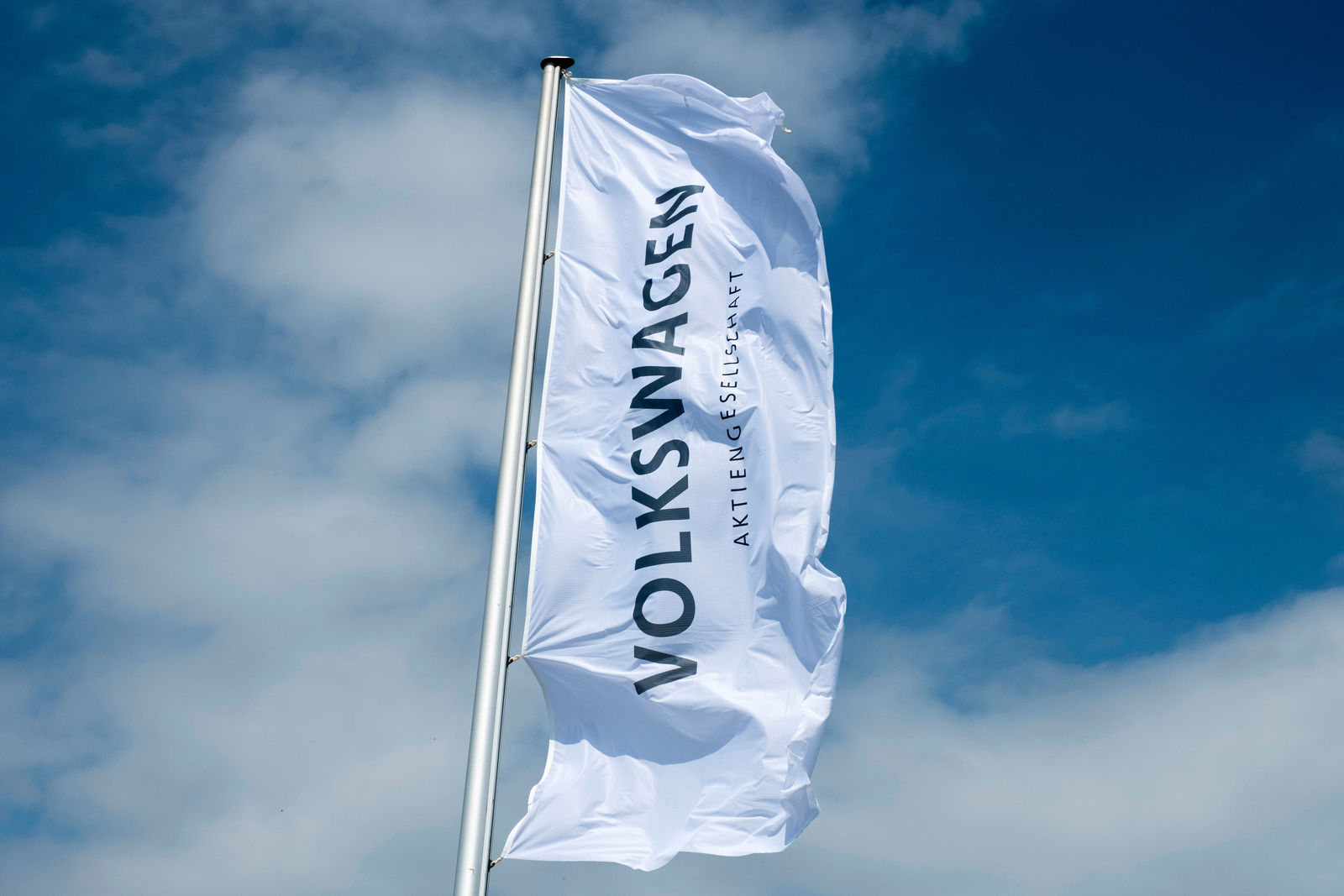Around 70 percent of the Group’s BEV deliveries went to its home region of Europe. China was the Group’s second-largest BEV market with deliveries of 21,500 vehicles (global share: 15 percent). In the United States, 15,700 BEVs were delivered (global share: 11 percent), almost twice as many as in the prior-year period.
By the end of March, the Volkswagen Passenger Cars brand has delivered 70,000 vehicles, around half of all the Group’s BEVs. This was followed by Audi with 34,600 vehicles (Group share: 25 percent), ŠKODA with 12,400 vehicles (Group share: 9 percent), SEAT/CUPRA with 9,200 vehicles (Group share: 6 percent), Porsche with 9,200 vehicles (Group share: 6 percent) and Volkswagen Commercial Vehicles with 5,500 vehicles (Group share: 4 percent).
The most successful BEV models in the first quarter of 2023 were:
- Volkswagen ID.4/ID.5 41,900
- Volkswagen ID.3 23,600
- Audi Q4 e-tron (incl. Sportback) 21,300
- ŠKODA Enyaq iV (incl. Coupé) 12,400
- Audi e-tron/Q8 e-tron (incl. Sportback) 9,700








